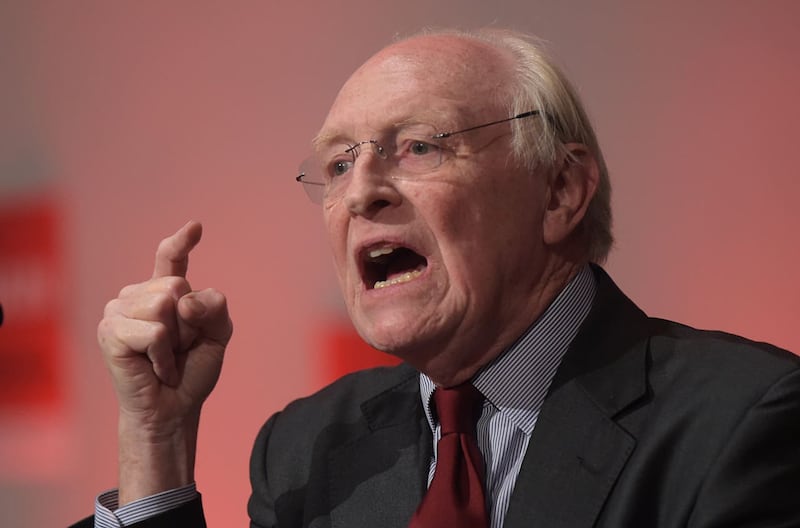Five years on from Brexit Day, one of the most disastrous missteps in British governance, its political class remains in denial about the existential threat posed by its exit from the European Union.
All the evidence proves Brexit was an economic and diplomatic disaster which has had repercussions beyond the boundaries of England and Wales – the only constituent parts of the United Kingdom to support it.
Brexit opponents – accused of leading ‘Project Fear’ during the referendum debates – have been proved right.
The economy has been hit for six; growth has flatlined and, for all the current government’s fine talk, is unlikely to recover; talented people have returned home, depriving universities and businesses of the brains and brawn they need to succeed; and Britain has lost its place in the world order.
Here, with the help of some lateral thinking and good will from the European Union, the risk to the Good Friday Agreement has been averted (no thanks, it must be said, to the DUP).
But while the worst effects of Brexit on the north have been mitigated by the Windsor Framework, damage has been done.
While it is tempting to pin the blame for Brexit on England’s inflated sense of its own importance and its refusal to accept its empire is no more, the truth of the matter is that the English were gamed. Bigger and darker forces, exploiting English prejudices, were at play.

Without wishing to sound like a conspiracist, it is clear Brexit was part of a broader plan to destabilise Europe, driven primarily by Vladimir Putin, but enabled by his acolytes in the west – populists in Hungary, Italy, France and – most notably Britain, alongside that arch-disrupter of our century Donald Trump.
At the root of it all is the relentless pursuit of money by the super-rich.
What we witnessed following the fall of the Soviet Union, the rise of a ruling class of billionaire oligarchs, we are now seeing in the United States.
Yet – and here’s the true scandal – despite the evidence, the British politicians refuse to acknowledge that Britain took a wrong turn in the 2016 referendum and then exited the EU with a useless deal.
There are many things wrong with Keir Starmer’s cack-handed Labour government, but the thing that will condemn it in the eyes of history is its refusal to undo the damage inflicted on their country by Cameron, May, Johnson, the lettuce, and Sunak.
For all his government’s talk of an EU ‘reset’, Starmer has doubled down on his commitment to see Brexit through – despite clear evidence in the polls that the electorate now knows it was sold a pup.

This week he will be meeting EU leaders at a dinner in Brussels. But the last thing the UK needs is a prime minister with a self-satisfied grin and a full belly who continues to oppose the single market, customs union and free movement of people.
What it needs desperately is a plan to get back into the European Union – free movement and a customs union to drive the economy; a common approach to security and defence to thwart Russian expansionism; clout to counter Trump’s economic isolationism; and a seamless border in Ireland protecting the Good Friday Agreement within the context of a united Europe.
At the weekend, former Labour leader Neil Kinnock condemned Starmer’s approach to Europe.

“We seem to be stuck in a cycle of hesitation,” he said. “The public wants progress, businesses need certainty. Everyone needs the potential for growth and investment, and Europe is waiting.”
Nothing in Starmer’s past, or his record in office, suggests he has the leadership skills needed to take Britain in the right direction.
He is constantly looking over his shoulder, self-limiting his room for manoeuvre by fretting over Nigel Farage and Reform, and constantly parroting the language of predecessors who got Britain into this mess.
Starmer is like the short-sighted captain of a liner who insists it’s not an iceberg that lies in his path, but ‘opportunities’. He is a fool.
On this side of the Irish Sea, we can only look on aghast. Being hitched to an economy which is tanking is not a comfortable position to be in, and our capacity to cut the ropes which tie us is limited.
Our right to self-determination is constrained – we need a British minister to sanction a border poll - and neither the British nor Irish governments show any enthusiasm for paving the way to one.
The deep-seated problems which affect every aspect of life here will not be solved while Britain remains in charge.
A reunited island within the European Union is the only viable long-term solution.




